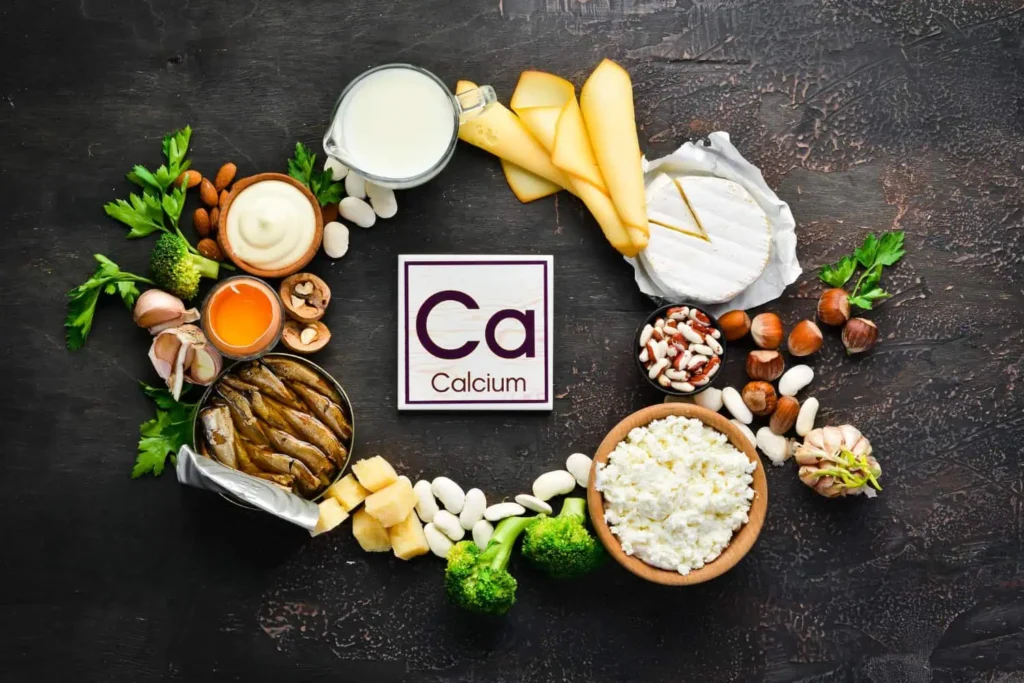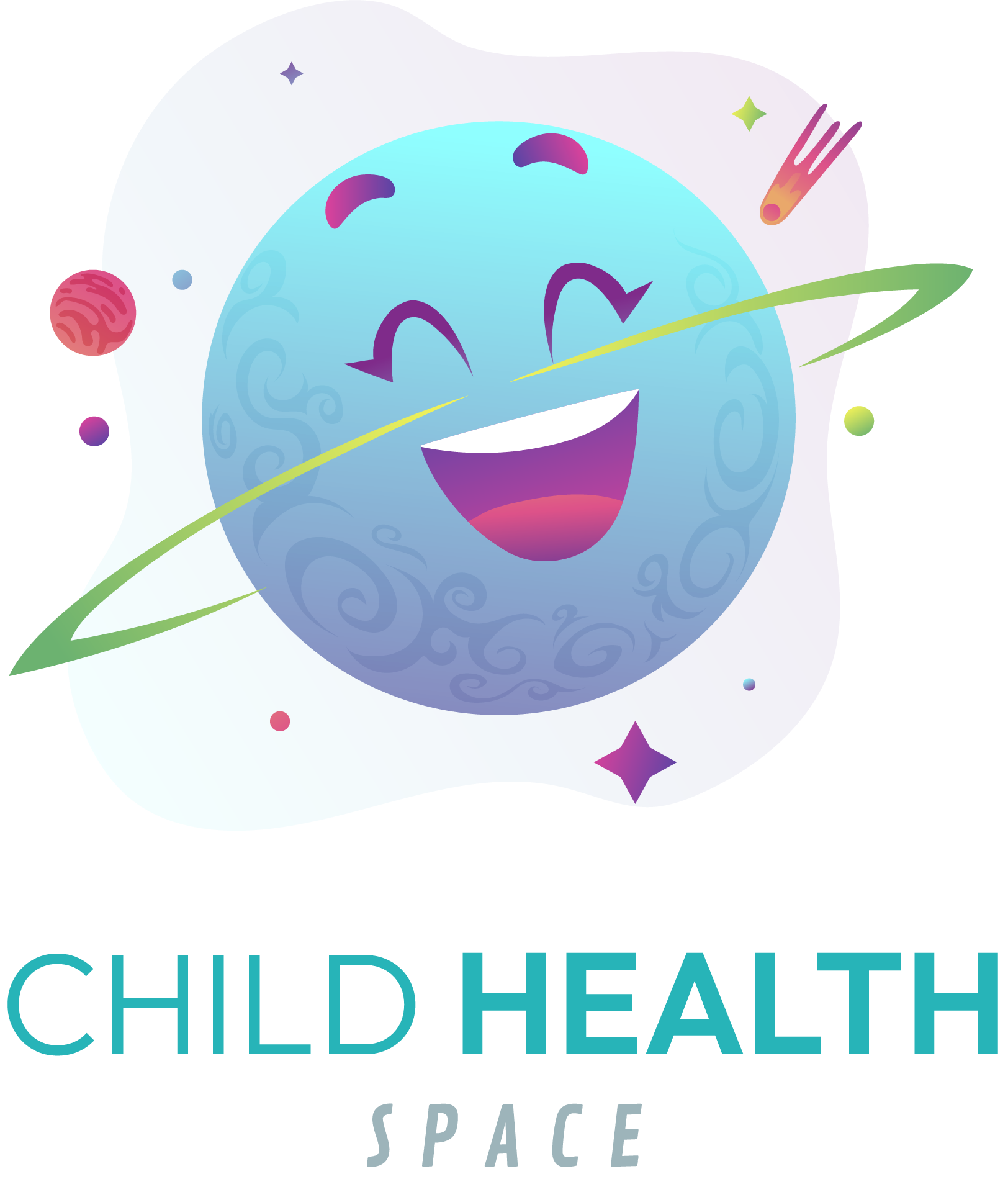
Everyone knows the importance of nutrition for the well-being and development of every child. Some vital nutrients are lacking in kids with autism. For children with autism, nutrition plays a vital role because they face unique challenges. If these nutritional deficiencies are properly identified in kids with autism, it can support their growth and development effectively.
In this blog post, we will discuss in detail the 10 nutrients lacking in kids with autism. We will also discuss the role of these nutrients for kids with autism. We will also discuss the food sources that are rich in these nutrients.
What are the 10 Nutrients Lacking in Kids with Autism?
1. Omega-3 Fatty Acids:

Omega-3 fatty acids are like superheroes for brains. They are vital for the proper development and function of the brain. Omega-3s are very important for kids with autism. They face communication problems as well as behavior issues. Omega-3 fatty acids may help improve their communication skills and their behavior.
Sources of Omega 3-fatty acids:
- Fatty fish like salmon
- Walnuts
- Flaxseeds
- Soybeans
- Chia seeds
2. Vitamin D is one of the 10 Important Nutrient lacking in Kids with Autism:

Vitamin D is also called the sunshine vitamin. This vitamin is important for
Bone health
Immune function
Mood regulation
Children with autism may have vitamin D deficiency. This deficiency can impact their overall physical and mental health.
Sources of Vitamin D:
Vitamin D can be from
- Sunlight exposure
- Fortified milk
- Egg yolks
- Fatty fish
- Cod liver oil
3. Magnesium:

Magnesium is a mineral that has a crucial role in numerous body functions. It is involved in more than 300 biochemical reactions in the body. It also helps in muscle relaxation and mood regulation. These benefits make magnesium particularly beneficial for children with autism. Because they may experience anxiety or sensory issues.
Sources of Magnesium:
- Spinach
- Almond
- Whole grains
- Cashews
- Peanuts
- Black beans
4. Zinc:

The role of zinc in our body is no longer hidden. It is vital for
Immune function
Wound healing
Cognitive development
Children with autism may have lower zinc levels. This can affect their immune system and cognitive abilities.
Sources of Zinc:
- Lean meats
- Nuts
- Seeds
- Oysters
- Kidney beans
5. Vitamin B6:

Vitamin B6 is essential for proper brain development and synthesis of neurotransmitters. It also has a proven role in mood regulation and cognitive function.
Adequate levels of vitamin B6 can provide several neurological and behavioural benefits to children with autism.
Sources of Vitamin B6:
- Poultry
- Bananas
- Potatoes
- Chickpeas
- Fortified cereals
6. Vitamin C:
Vitamin C is a powerful antioxidant and neutralizes free radicals in the body. It supports immune function and improves collagen synthesis in the body. It is also involved in the production of neurotransmitters. This role can impact the mood and behavior of a person. Kids suffering from autism also face mood and behavior issues. So vitamin C can be beneficial for such children to improve their quality of life.
What are the Sources of Vitamin C:
- Oranges and all citrus fruits
- Strawberries
- Bell peppers
- Kiwis
- Broccoli
7. Iron:
Iron is an essential element for the production of haemoglobin in the body. Haemoglobin carries oxygen to the body’s tissues including the brain. Children with autism may have lower iron levels. This may be due to dietary restrictions or gastrointestinal issues. ??nk.lk.nm
Sources of Iron:
- Red meat
- Beans
- Fortified cereals
- Spinach
- Lentils
8. Calcium:

Everybody knows the role of calcium in bone health. It is also important for muscle function and nerve transmission. Children with autism may have difficulty in consuming dairy products. It makes it difficult for them to meet the calcium requirements of the body.
Sources of Calcium:
Calcium-rich alternatives are
- Fortified plant-based milk
- Green leafy vegetables
- Yogurt
- Cheese
- Kale
- Broccoli
9. Probiotics:
Probiotics are beneficial bacteria that are naturally found in our bodies. They support gut health and immune function. Children with autism often have gastrointestinal issues. Probiotics are particularly important in improving gastrointestinal
problems in autistic children.
Food sources of probiotics:
- Yogurt
- Kefir
- Sauerkraut
- Kimchi
- Miso
These foods are excellent sources of probiotics that can help maintain a healthy gut microbiome.
10. Fiber:
Fibers are important for digestive system health. They also help in blood sugar level regulation. They can improve the function of the bowel and the overall health of children with autism.
Sources of Fiber:

Many foods are rich in fiber and available for daily use. These foods are
- Vegetables
- Fruits
- Lentils
- Beans
- Whole grains
- Chia seeds
Conclusion:
In conclusion, kids with autism need to consume adequate nutrition. If they take proper and balanced nutrition, it will improve their well-being as well as their quality of life. These 10 nutrients can support their development as well as their behaviour. Let’s prioritise nutrition and empower the kids with autism to thrive.
FAQs:
1. What is the role of omega-3 fatty acids in the health of kids with autism?
Omega-3 fatty acids help in enhancing communication pathways in the brain. They reduce the symptoms associated with autism, like social communication difficulties and behavioral challenges. Omega-3s, help in the development of the nervous system and potentially improve the focus of children. They reduce hyperactivity and enhance overall mood stability.
2. What are the ways for children to get enough vitamin D with limited sun exposure?
There are several ways to get enough vitamin D for children who have limited sun exposure. One major way is to consume foods that are high in vitamin D such as fatty fish (salmon and mackerel), fortified foods (including certain brands of milk, orange juice, and cereals) and egg yolks. In addition, vitamin D supplements are also a reliable method to meet their daily needs for vitamin D. Before starting any supplement on autistic children, it is advisable to consult with a healthcare provider.
3. What are the noticeable signs of magnesium lacking in children with autism?
Magnesium plays an important role in neurological functions. It is particularly important for children suffering from autism. Magnesium deficiency results in
- Sleep disturbances
- Irritability
- Attention span is reduced
- Cramps of muscles
- Sensitivity to noise is heightened
These symptoms may increase the challenges of kids with autism. Magnesium-rich diets can help to mitigate these symptoms.
4. What are the considerations to incorporate Zinc-rich foods into a child’s diet?
Balanced nutrition is essential for every child, so before adding zinc-rich foods to a child’s diet, don’t ignore the potential allergies or intolerances.
Meat, shellfish, legumes and nuts are high in zinc. These foods can be allergenic for some children. In addition, excessive zinc intake can interfere with the absorption of other minerals. The best tip is to add zinc-rich foods gradually and in moderation.
5. Can probiotics improve gastrointestinal symptoms in children with autism?
Probiotics are beneficial bacteria that support gut health. They help alleviate gastrointestinal symptoms, which are common in kids with autism such as
Constipation
Diarrhea
Abdominal discomfort
These problems can be mitigated with the regular intake of probiotics. These beneficial microbes aid in balancing the gut flora. This results in improved digestion, and absorption of nutrients. There are probiotic-rich foods like
Yogurt
Kefir
Fermented vegetables
For children who are picky eaters, probiotic supplements can be an alternative solution. However, it is advised to consult with a healthcare provider to ensure compatibility with children’s overall dietary plan.
With tailored nutrition including specific nutrients and probiotics, parents can significantly impact the well-being and development of kids with autism. These can address both their unique needs and common health concerns.








1 thought on “10 Nutrients Lacking in Kids with Autism”
Pingback: Innovative Autism Treatment for children: Using Technology to Change Lives - Child Health Space